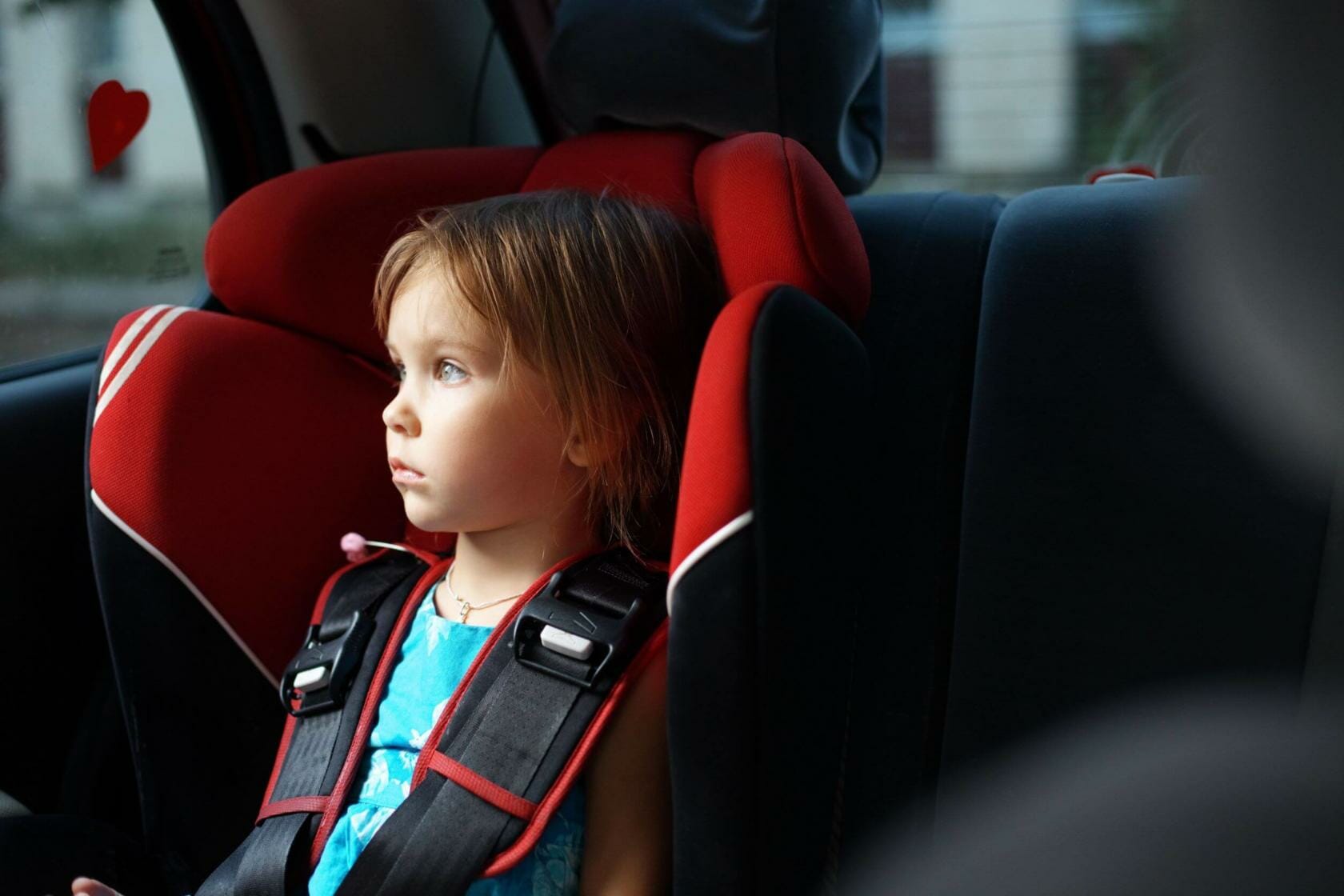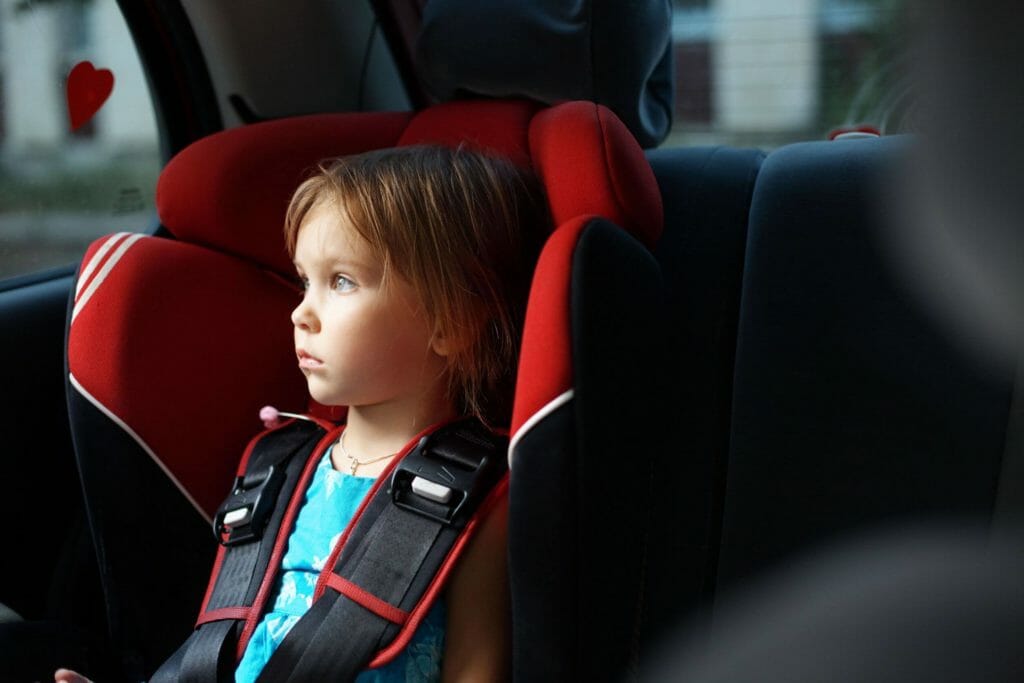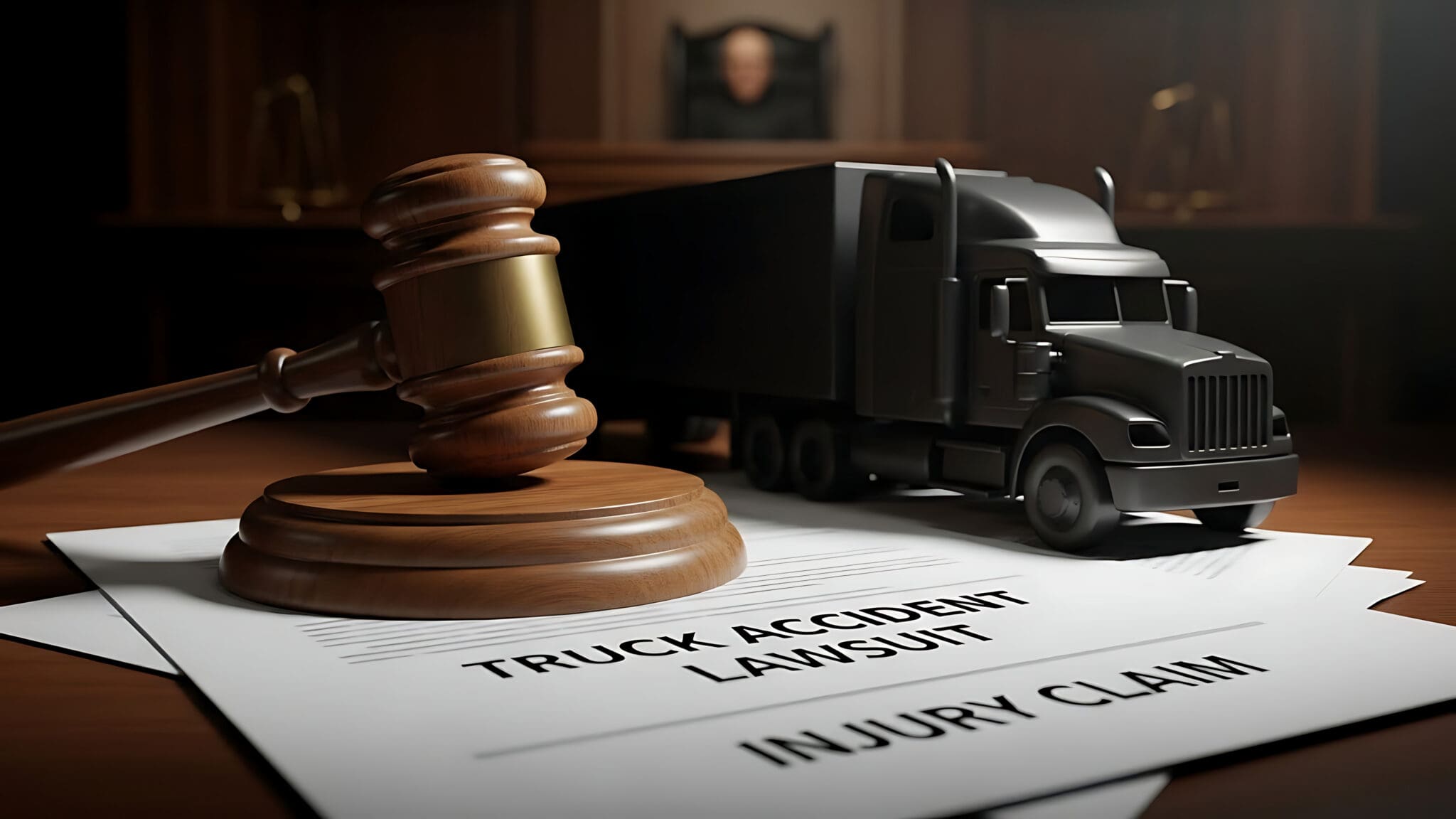ProPublica: Evenflo Marketed Booster Seats as “Side-Impact Tested” Despite Failings


Newly collected videos and documents reveal that Evenflo disregarded American Academy of Pediatrics recommendations and misrepresented their own testing when manufacturing and marketing the “Big Kid” booster seat, putting countless children at risk.
Marketing Executive “Vetoes” Safety Recommendation Based on Academic Research
According to ProPublica, in February 2012, a safety engineer employed by Evenflo advising the company to update its instructions for parents and stop selling booster seats for children who weigh less than 40 pounds.
In his e-mail to high-ranking executives within the company, the engineer, Eric Dahle, cited government research that states children lighter than 40 ponds would be safer in car seats that use harnesses to hold their bodies in place rather than booster seats.
Internal records show Dahle’s safety recommendation was ultimately “vetoed” by a marketing executive who responded in an email saying “Why are we even talking about this? I have looked at 40 lbs for the US numerous times and will not approve this.”
Evenflo Pushes Booster Seats as “SIDE IMPACT TESTED” Despite Disturbing Crash Test Videos
Evenflo continued to market the Big Kid booster seats as “SIDE IMPACT TESTED,” despite its own tests showing children placed in the booster seats could suffer serious injuries in the event of a side-impact collision.
On Evenflo’s website, the company told parents that its side-impact tests were rigorous and meant to simulate realistic side-impact crashes. Further, it cited factual statistics that side-impact crashes were responsible for a quarter of all traffic deaths involving children under the age of 15. Further, the company lauded the passing marks their booster seat had received in the tests.
Contrary to the company’s claims, however, what these test actually showed were child-sized crash dummies contorting and being thrown far outside of their shoulder belts at the moment of impact. In a deposition, one of Evenflo’s own top booster seat engineers stated that any real child exposed to this kind of movement would suffer catastrophic head, neck, and spinal injuries – or even death.
Evenflo Tests Reflect Larger Regulatory Failure
So, how exactly is a car seat manufacturer allowed to make up its own tests and then pass themselves based on such low standards?
The answer can be found about 20 years back.
Nearly two decades ago, Congress passed a law that required the National Highway Traffic Safety Administration to implement new rules that would minimize children’s head injuries in the event of a side-impact collision; however, these new rules were never actually enacted. To date, car seats and booster seats only need to pass test that simulate head-on collisions.
What consumers and parents are left with is whatever “standard” a company chooses to come up with.
And issues are not limited to Evenflo. ProPublica also found that at least two of Evenflo’s biggest competitors, Graco and Dorel, have advertised seats they say provide “side-impact protection,” despite no clear standard of what that actually means. Both companies declined to provide ProPublica with test videos or even basic details of how their tests were performed, but Dorel did reveal that it stopped selling booster seats for children under 40 pounds in 2016.
Instances Resulting in Child Injury and Lawsuits
In their investigative report, ProPublica sites several instances in which children suffered catastrophic injury while riding in “Big Boy” booster seats.
In one instance, a 5-year-old girl weighing 37 pounds suffered internal decapitation resulting in paralysis during a side-impact collision while riding in a “Big Boy” booster. This girl’s father said he had purchased the seat because of the number of times it mentioned “safety” on the box.
In the years before that accident, Evenflo had been sued two times for injuries linked to their Big Kid booster seats – one involving a traumatic brain injury and the other involving another internal decapitation.
All three cases were settled out of court.
In 2006, a four-year old boy suffered a traumatic brain injury resulting in another lawsuit. In the suit, the plaintiff’s argued that Evenflo should not have marketed the seat for a child of his size – 36 pounds.
Evenflo agreed that the boy was properly strapped into his booster seat and, once again, reached a confidential settlement.
Contact an Experienced Car Seat Failure Attorney
Thomas J. Henry Law are experienced in defective child car seats and recalls. Your choice does matter. If your child has suffered because of a defective car seat, contact Thomas J. Henry Law immediately. We are available 24/7, nights and weekends.
Blog














